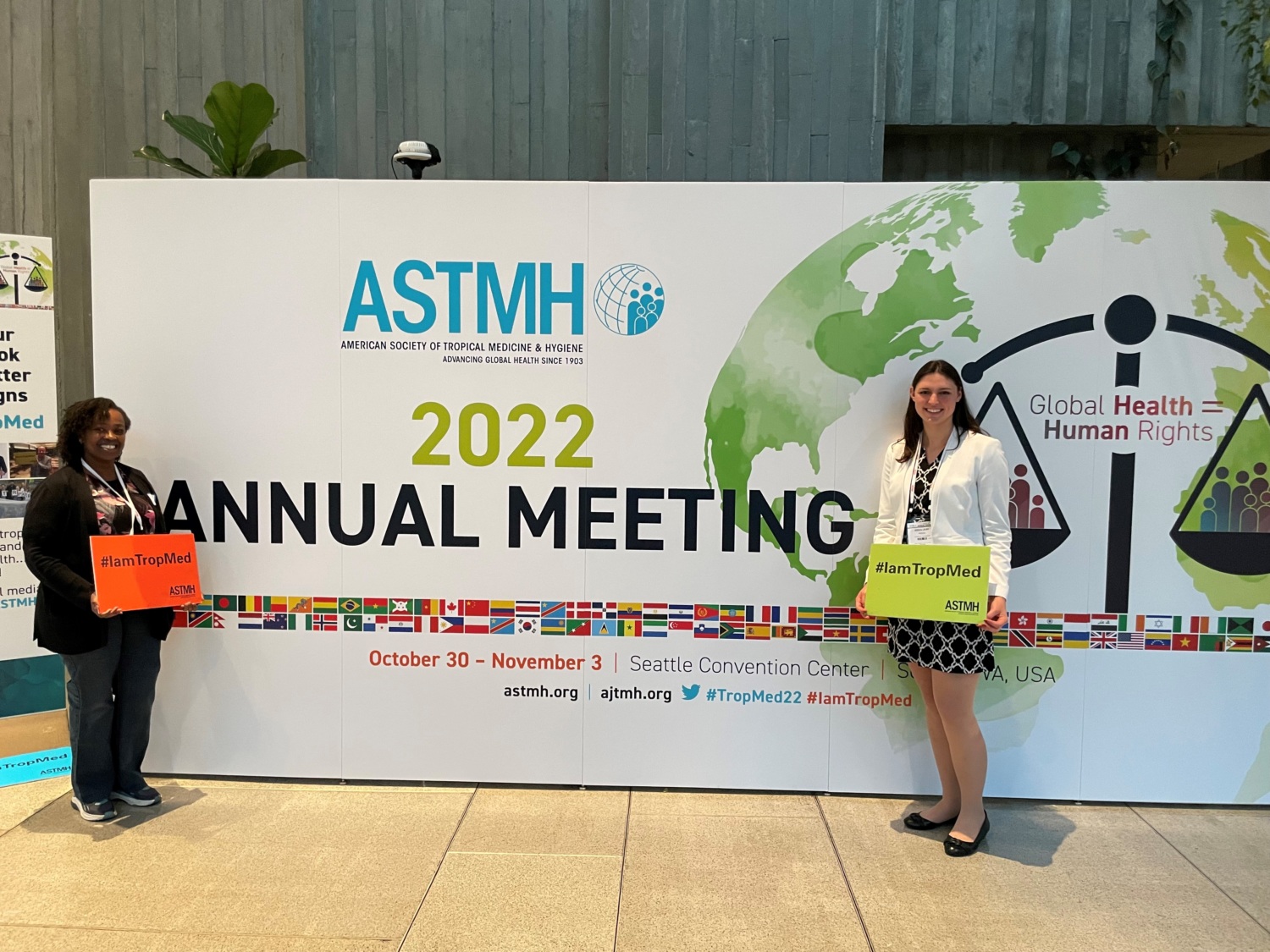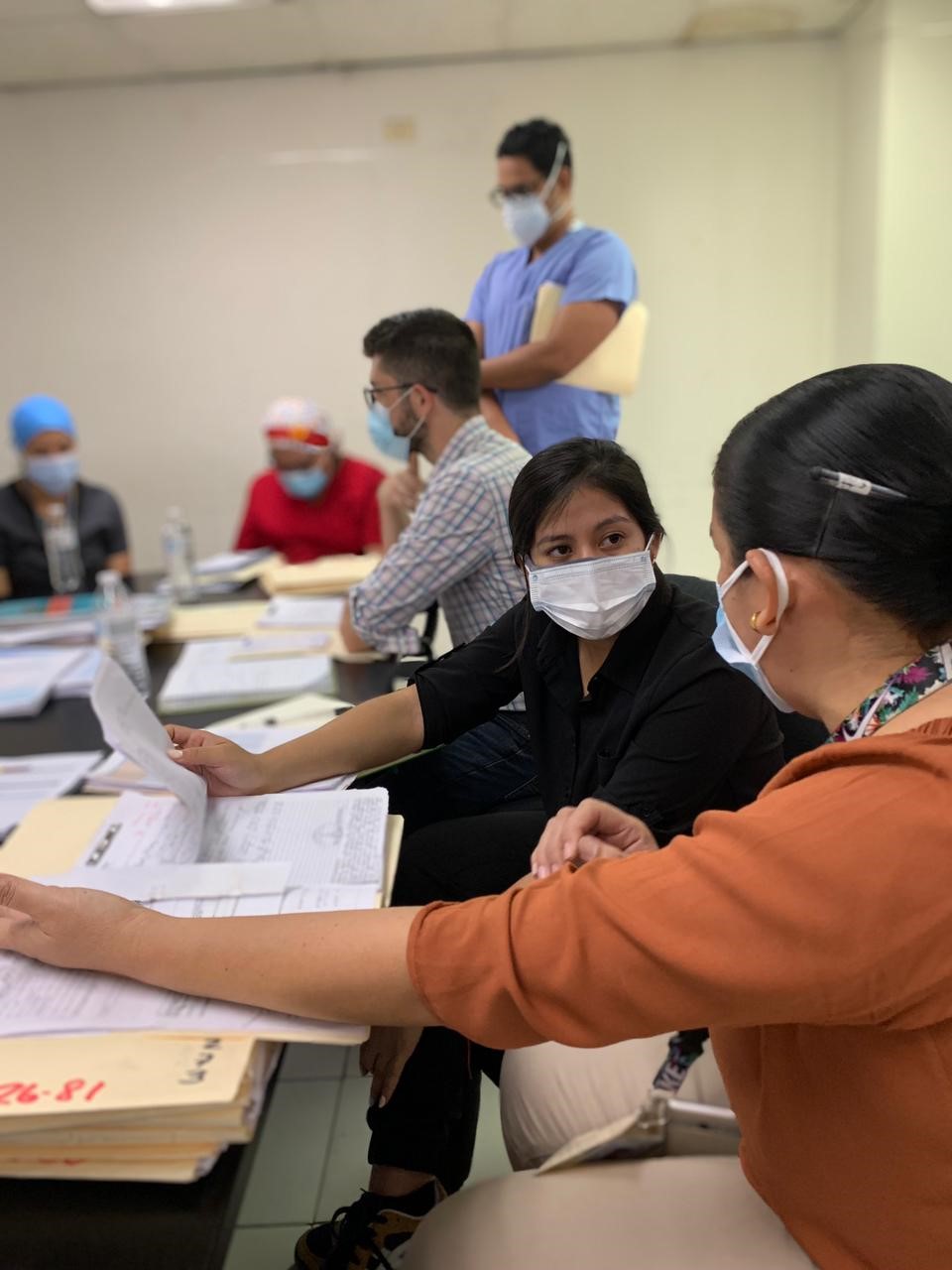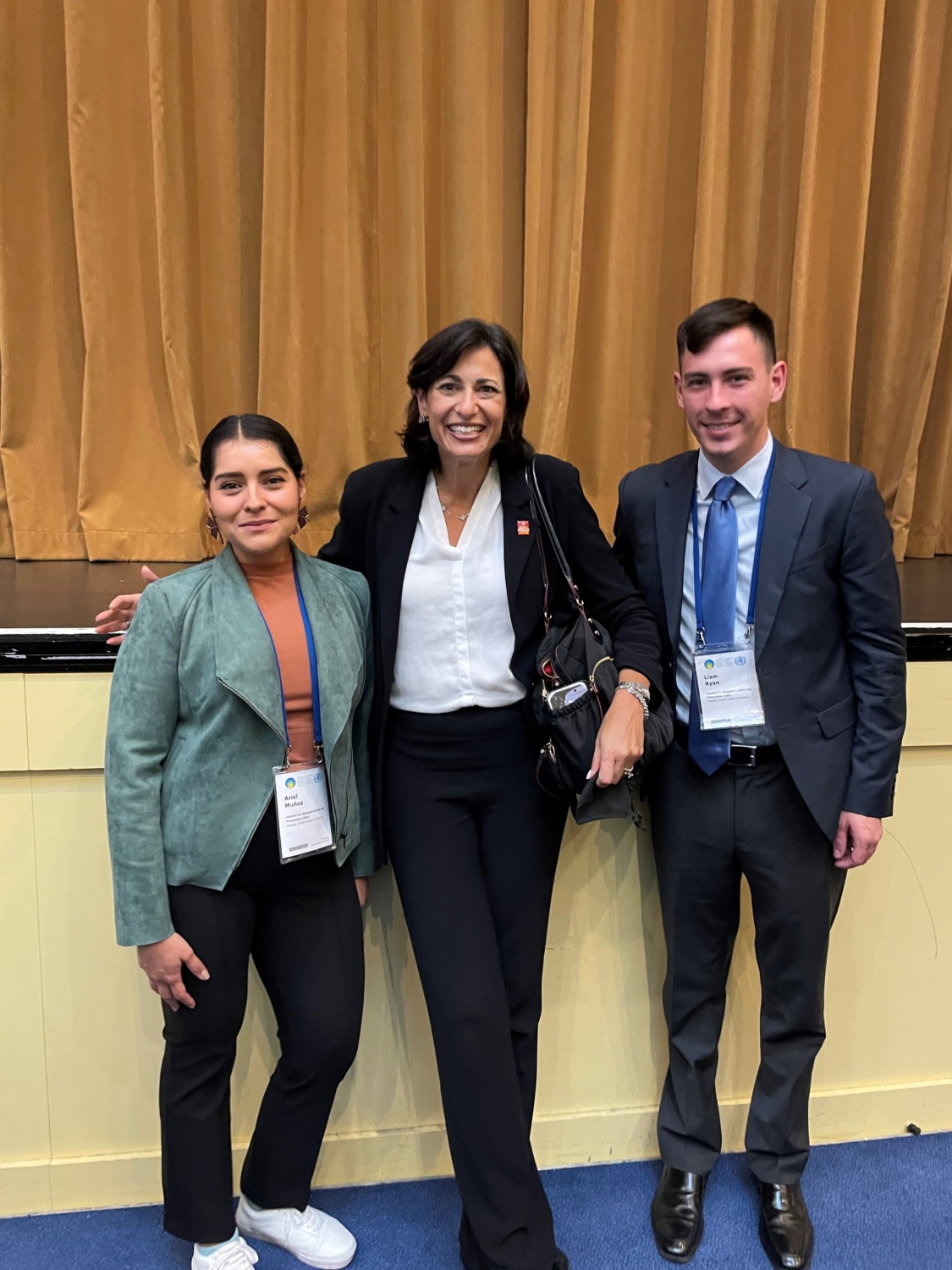Global Fellowship Program Expands by 43% to Prepare More Diverse Leaders in Public Health
Highlights
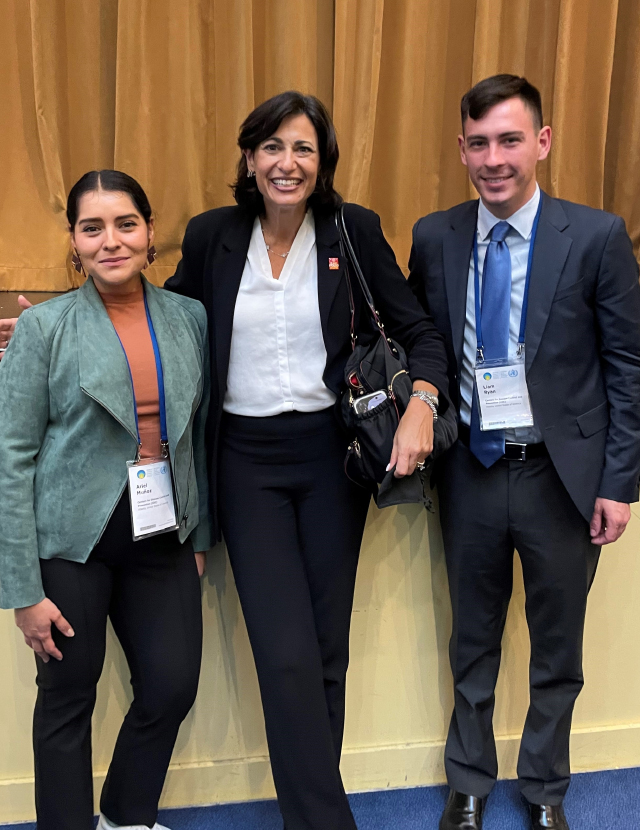
During 2022, the PHI/CDC Global Health Fellowship Program expanded by 43% to prepare a more diverse and strong public health workforce that can adapt and respond to timely public health crises throughout the nation.
118 fellows and their host agencies supported in 2022
43% expansion of the program in 2022
40 new fellows participated in 2022
99% plan to continue global health work
94% received on-the-job experience in their primary study area
-
Focus Areas
Capacity Building & Leadership, Global Health -
Issues
Workforce Development -
Expertise
Leadership Development
Through the PHI/CDC Global Health Fellowship Program, emerging public health professionals have the opportunity to build their capacity and skills in global public health and receive hands-on, experiential training to support this important work.
Strengthening the Public Health Capacity of Emerging Leaders and Organizations
In 2022, the Global Health Fellowship Program supported 118 fellows and their host agencies throughout the world: United States, South Africa, Tanzania, Mozamibque, Malawi, Uganda, Zimbabwe, Guatemala, Cameroon, Zambia, Thailand, Kenya, Nigeria, Dominican Republic, Country of Georgia, Ethiopia, Indonesia, Vietnam, Liberia, Cote d’Ivoire, and Eswatini.
Fellows gain practical, first-hand experience working in high-demand and technical areas needed in the workforce while receiving mentorship from CDC’s leading experts in global health at their headquarters in Atlanta and abroad. While some fellows support the development of publications or manuscripts at CDC, others have been involved in emergency response efforts related to COVID-19 or Mpox (monkeypox) by conducting data analysis, supporting communications, working with the Ministries of Health, etc. The fellows’ contributions to CDC within their track of focus (i.e. epidemiology, monitoring and evaluation, strategic information, program management, surveillance or global health security) and overall efforts to strengthen global health is invaluable.
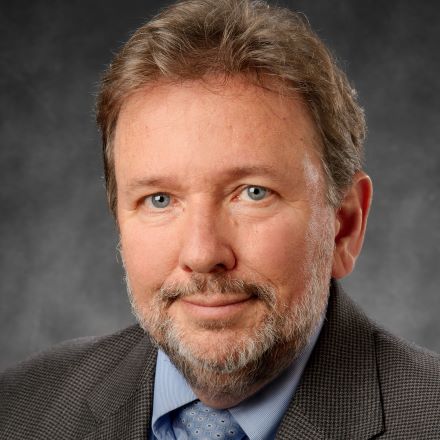
By proactively sourcing and connecting the agency with talented and well-educated early career professionals, PHI/CDC supports CDC’s role in responding to rapidly emerging public health needs and challenges globally by ensuring a continued pipeline of disease detectives and next generation global public health leaders.Mike Sage, MPH
Program Director, PHI/CDC Global Health Fellowship Program
The program expanded by 43% in 2022 and onboarded 40 fellows, with recruitment that focused on recent college graduates from underrepresented communities. The Global Health Fellowship Program focused outreach and recruitment efforts on Minority Serving Institutions, including Historically Black Colleges and Universities, Hispanic-Serving Institutions, Tribal Colleges and Universities, and Asian American and Pacific Islander Serving Institutions.
In addition, eligibility requirements were expanded to allow for any recent graduate with a master’s or doctorate degree, although public health relatable experience was preferred. The Consortium of Universities of Global Health provided support for the applicant review process and identified 20 panel volunteers with expertise in one of five technical areas: epidemiology, monitoring and evaluation, strategic information, program management and surveillance.
Ten of the 40 fellows participated in a new Global Health Security Track developed by the PHI/CDC Global Health Fellowship Program and the remaining 30 fellows participated in the following tracks: epidemiology, monitoring and evaluation, strategic information, program management, surveillance and HIV prevention. The 30 fellows who represented the different tracks were from diverse backgrounds with 43% of fellows who identify as Black, 17% who identify as White and 13% as Hispanic.
From Fellows to Alumni in Public Health
By the Fall of 2022, the Global Health Fellowship Program had a network of 88 alumni and data that they gathered on the alumni indicated the following:
- The top 3 fellowship career paths for alumni included: 1) Working for the CDC, 2) pursuing higher academic training (PhD, MD), and 3) Working for state public health departments.
- 99% of fellows plan to continue their work in global health.
- 94% of fellows received on-the-job experience in their primary study area: epidemiology, HIV prevention, monitoring and evaluation, strategic information, program management, or surveillance during the fellowship. This included laboratory training, active engagement, mentorships, multiple site visits, and more.
- Fellows greatly improved their leadership skills and were contributing authors for 11 manuscripts or publications which contribute to the field of public health.
Work With Us
You change the world. We do the rest. Explore fiscal sponsorship at PHI.
Support Us
Together, we can accelerate our response to public health’s most critical issues.
Find Employment
Begin your career at the Public Health Institute.
